Korty EO’s approach to marketing: What tech companies can learn from the YouTube queen
Korty eo shares her approach to storytelling and how tech companies can improve their marketing

Marketing was about badgering customers to buy your products and services, some aeons ago. Today, it's all about storytelling and providing value for customers.
I sat engrossed and in a state of feverish anticipation — the good kind that send shivers of excitement down your spine. As though under an enchantment, I was immersed into another world staring at my phone screen. Indeed, I was spellbound — not by my village wizards — by Korty eo’s ad for Eden Life. The storytelling was genius.
I had visited Korty’s Youtube channel expecting her witty weekly videos, but I found something better: A full-length ad showcasing her storytelling brilliance. The ad was so good I became curious about her marketing approach. And no, I wasn’t the only one who thought the ad was insanely good. Almost everyone who watched it thought the same too. (See their comments below or watch the ad and tell me what you think.)
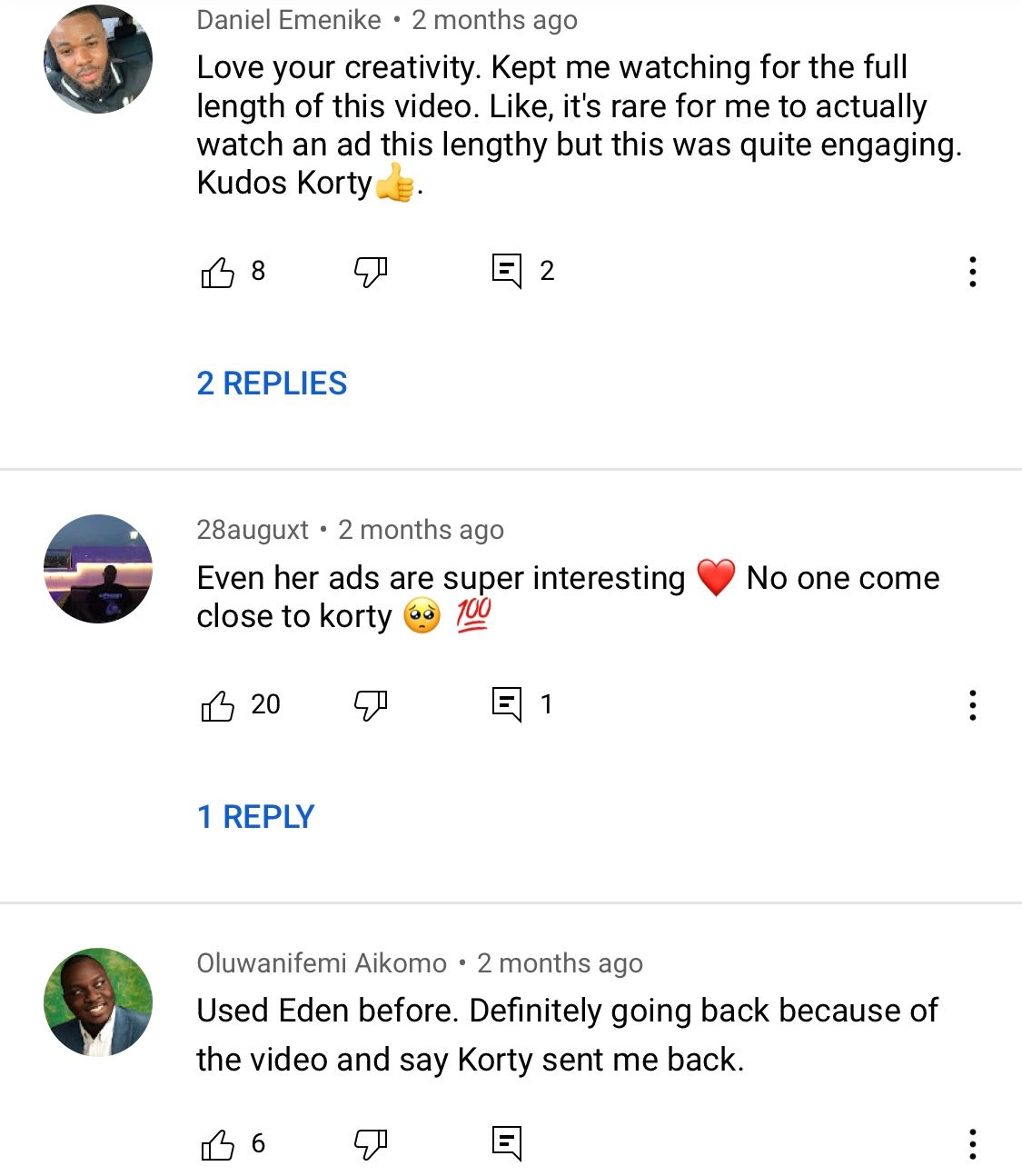
Except you're SpongeBob SquarePants living in a pineapple under the sea, you must have come across at least one of Korty’s videos. Even if you don’t know any, chances are high you’ll know the one featuring her experience with Big Wiz.
Korty has an interesting career trajectory. She has worked as a fashion model, graphic designer, filmmaker, and artist before switching to YouTube where she's now using the skills she learned from her previous careers.
YouTube is notoriously difficult, even for people with large following on other platforms. Because that large following rarely translates to engaged subscribers on YouTube. But Korty defied all odds and amassed 75,000 subscribers in less than a year.
Whether advertising a product or highlighting a guest’s story, Korty communicates in a humanized way — so clearly that no further explanation is needed. She has hacked what many tech companies find difficult — storytelling and customer-centric marketing.
My curiosity about Korty's marketing approach culminated in a chat with her. It has been slightly edited for clarity to highlight the lessons tech companies can learn from the Youtube queen.
Do you think influencer marketing works?
First, I’m not an influencer. So I can’t talk from the angle of one. But I think it works.
Although in my case, I’ve had only one content creator who did a great job at convincing me to get his advertised product. Notwithstanding, there are millions of people who are attached to certain people. This attachment makes them believe almost anything those people say about a product. But you need to be liked and trusted enough before that can happen. And this is why influencer marketing seems not to work at times.
Not every influencer has reached that stage where their audience likes them enough to buy whatever they advertise.
How do you sell with storytelling?
All my videos already have some elements of storytelling in them. Already, I’m great at storytelling. So whenever I have a gig, I simply infuse that skill to sell the brand’s product. It’s that simple.
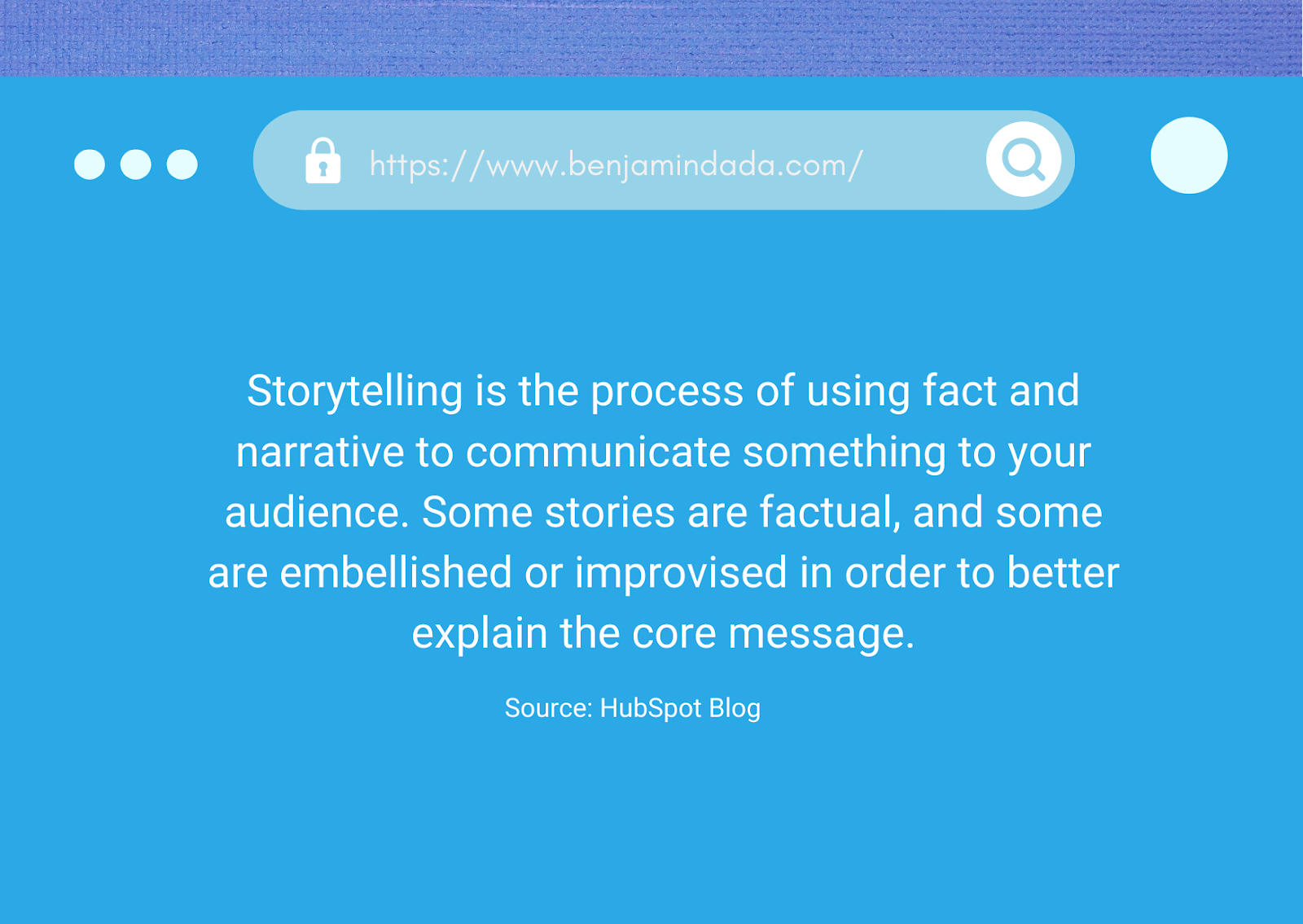
What have you noticed about brands that use influencer marketing?
I’ve not advertised in a while because it got to a point when it pressured me. But while I was actively doing it, I noticed most brands are more concerned about simply selling their products than selling them to their actual target customers and creating an authentic connection.
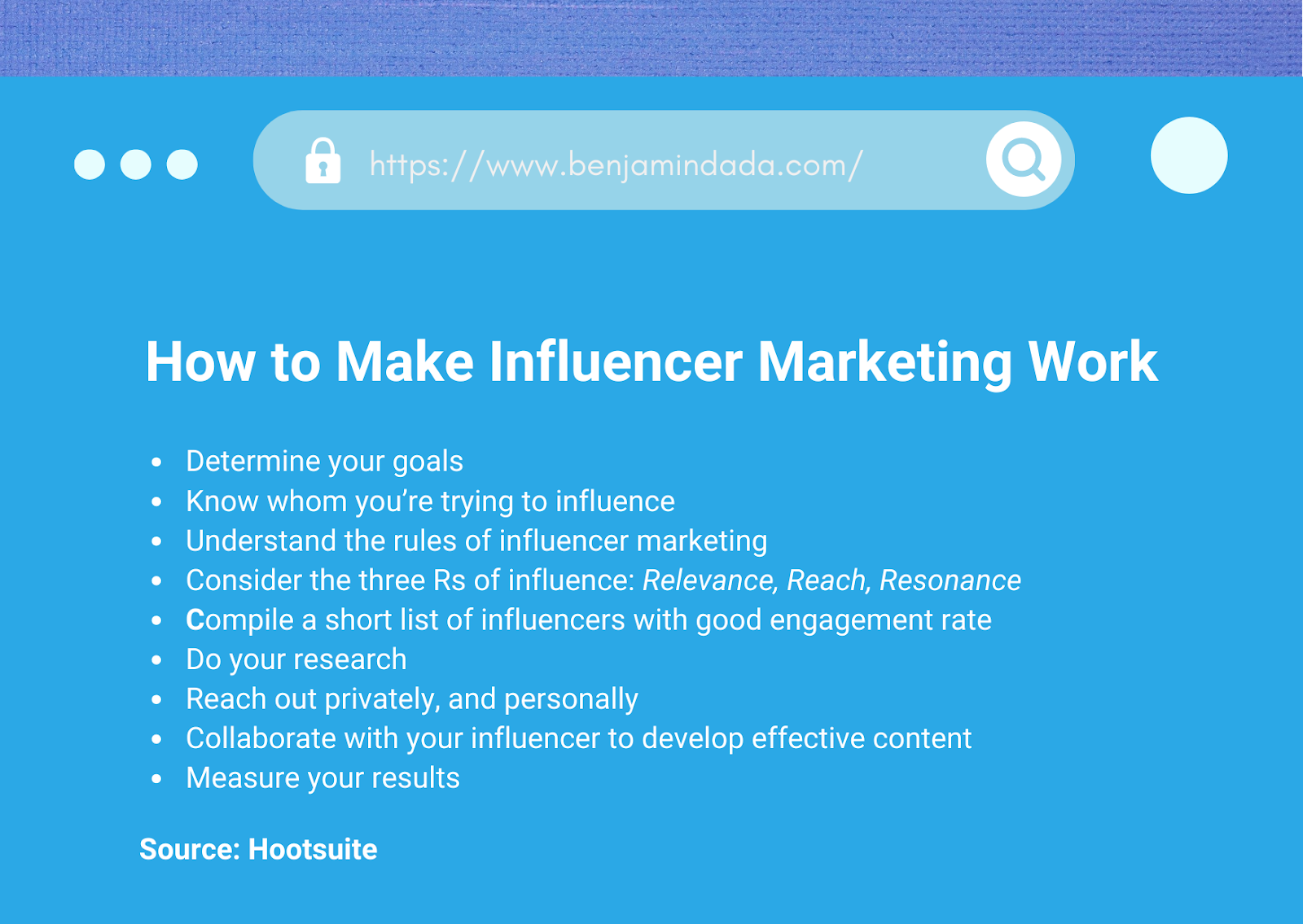
Your target customers must know why they need your product in the first place. If they don’t, they won’t be motivated to purchase it. And if you’re selling a product people don’t necessarily need, you’ve got to figure a way to get them to listen to you. Once you have their attention, you have to convince them to bring out their debit cards. Who are the people you had in mind when creating your product? These are the people you should focus on.
As someone who has hacked YouTube, what are your tips for companies who want to grow on YouTube?
Unlike personal brands, it is not easy for companies to get immense love. Luckily, founders can maneuver this by becoming the face of their companies and be relatable. Ryan Reynolds does this seamlessly. He has been able to integrate his personal and work life in a unique way. He manages to close ads worth millions of dollars because his approach is hilarious. Watching his videos feels like you’re looking at your friend convincing you to purchase a product. He doesn’t come off as aggressive. Ryan cares about you and it shows. CEOs of companies should do the same.
It’s okay to be concerned about making money. That’s the main reason for founding your company anyway. Nonetheless, marketing is easier when your audience know you give two hoots about them. You need to be transparent too. Don’t promise what you can’t deliver.
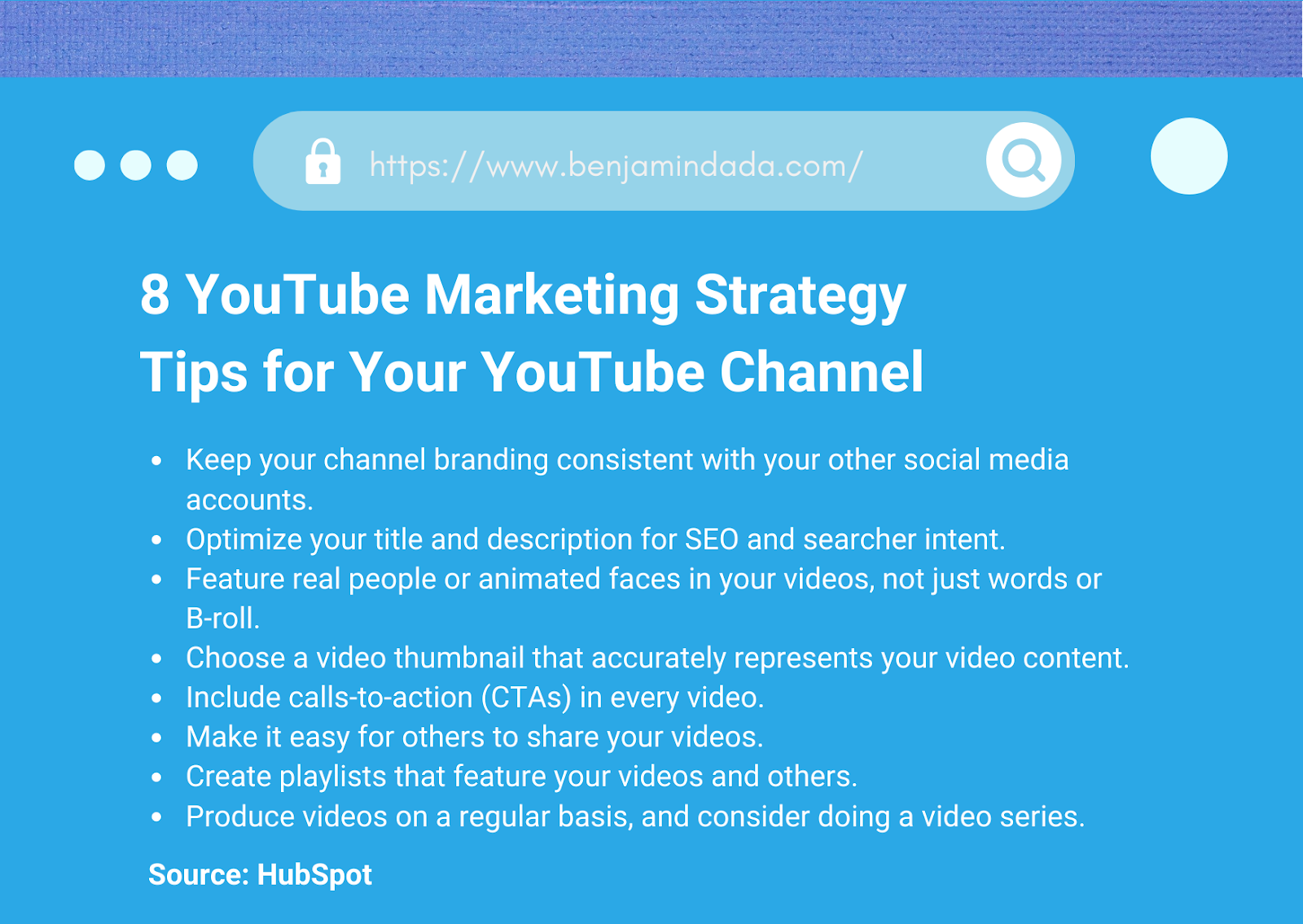
What are the top five brands that you love their marketing?
- Severe Nature (I don’t know if it’s their clothing or marketing because their marketing is great).
- Abeg
- Apple
- Nike
- Piggyvest
Let’s talk about Apple. What about Apple’s marketing appeals to you?
First, they have an excellent product which every average human with exquisite taste should love. They are confident in this fact and leverage it to persuade you into purchasing their products. They do this without making things complicated.
What do you think tech companies need to get right about marketing?
I think the first thing most companies need to get right is their designs. That’s the first thing that calls people’s attention.
For instance, if I scroll through Instagram and see a picture of someone standing on a speaker and the caption says "be the loudest in the room", even if I’m not interested in the product, that design alone will catch my attention. Nigerian tech companies, however, overlook that. It shouldn’t be too hard to get great designers on your team.
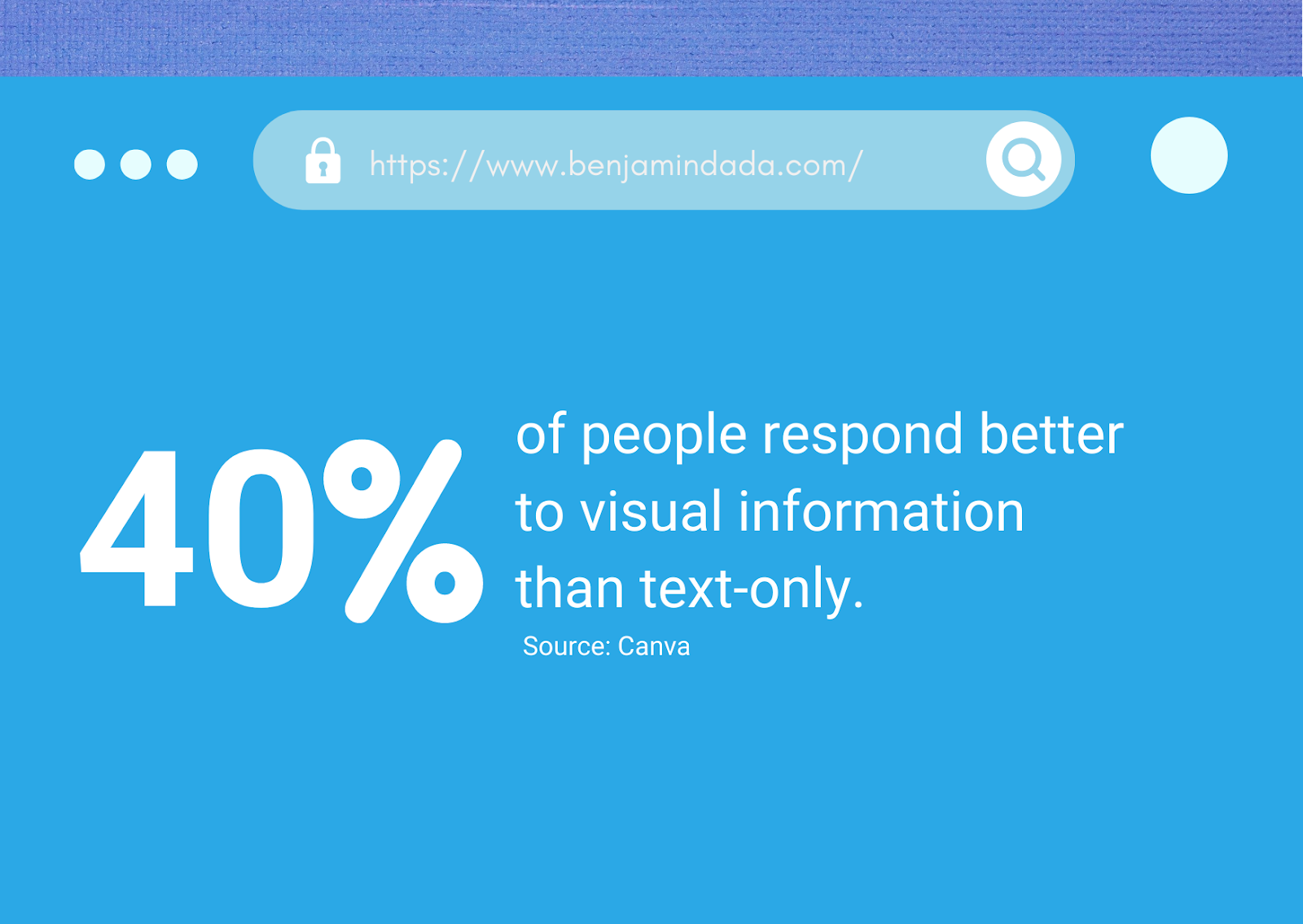
Also, many brands are guilty of the old Nollywood’s marketing approach. Their marketing is the updated version of the ‘grab your copy now!’ style. This is why I sometimes consider influencer marketing irritating. It is often evident that most of the influencers don’t like the products they’re advertising. And people can see through this. If you don’t care about the product yourself, people will discover it. They always do.
So brands should try to be authentic and invest in eye-catching designs. These are the two major sources of concern for me.
What’s your typical content creation process?
I don’t know what my process is, but I know I get my videos done one way or the other. Maybe there is a pattern I don’t know yet, but I don’t think I do anything the same way. I’m big on getting things done and not following a particular routine. But now I’m hiring people to join my team, that might change.
What’s your view about collaborative marketing?
I’ve seen a few tweets of tech companies coming to play games, which is indirect marketing. I think that is cool. Except you think your company is weak and you fear your customers might join the other company, I believe collaborative marketing increases exposure. It is something every tech company should try.
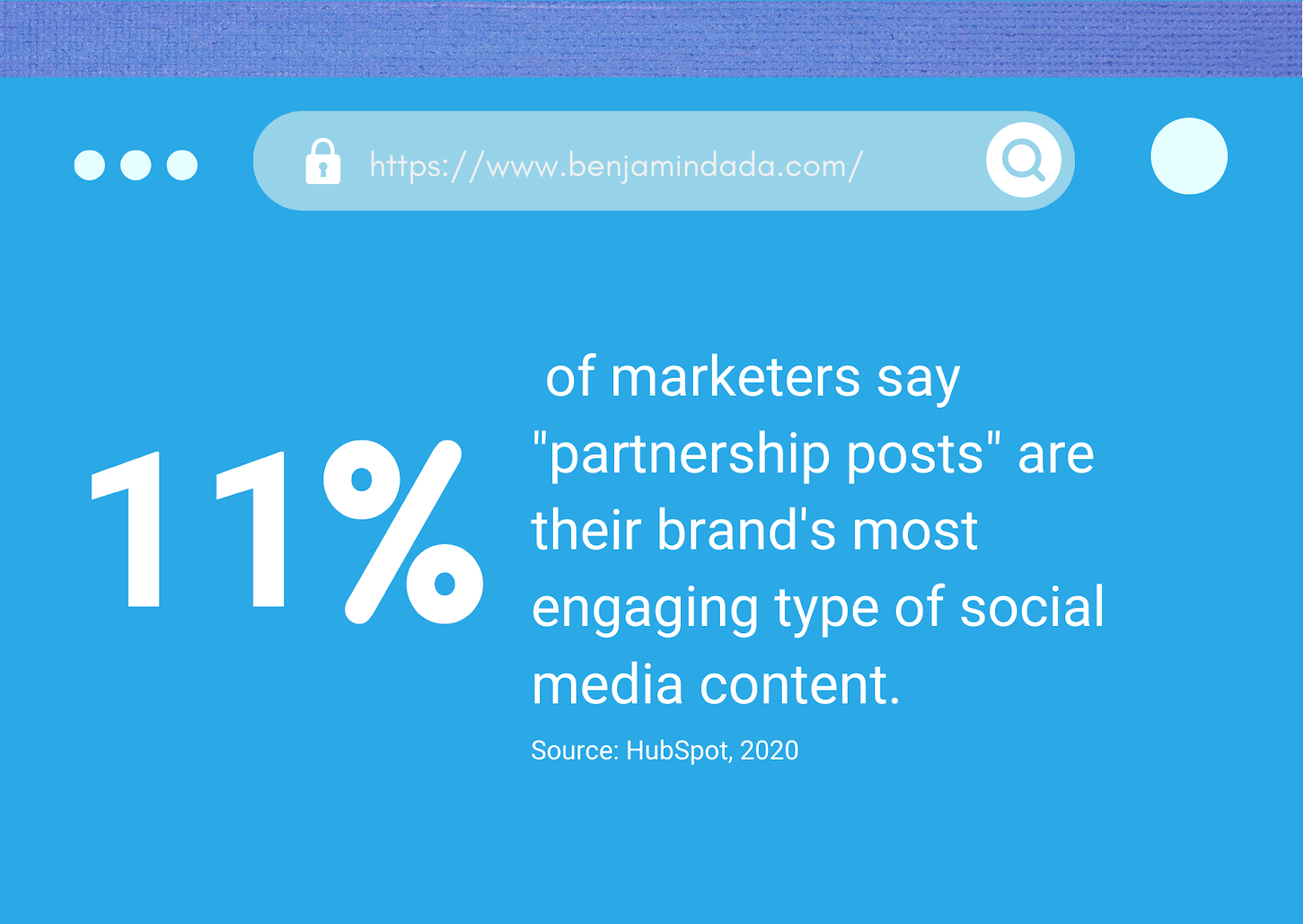
How would you describe your marketing approach in one sentence?
Making my audience feel valuable.
But to be sincere, I don’t think I have a particular marketing approach. I think my product is good enough to be out there and make waves. Your product is the best marketing you can ever do.
For instance, a compelling ad motivated me to buy a pen that didn’t deliver up to expectations. I won’t purchase it next time. On the other hand, if I get an excellent product with little or no marketing, I’ll become a repeat customer. So I think it is more about what you are selling than how you’re selling it.
So how do you make people feel important?
It’s not that deep, to be honest. So I think it’s best to have fun. That was how I started. I was having fun. So even when I didn’t achieve my target, I was still happy because, for me, progress is progress. This is important because people can see through fakeness and unhappiness. But if you market genuinely and have fun at it, people will market your product on your behalf. This is why brands like Piggyvest are succeeding.
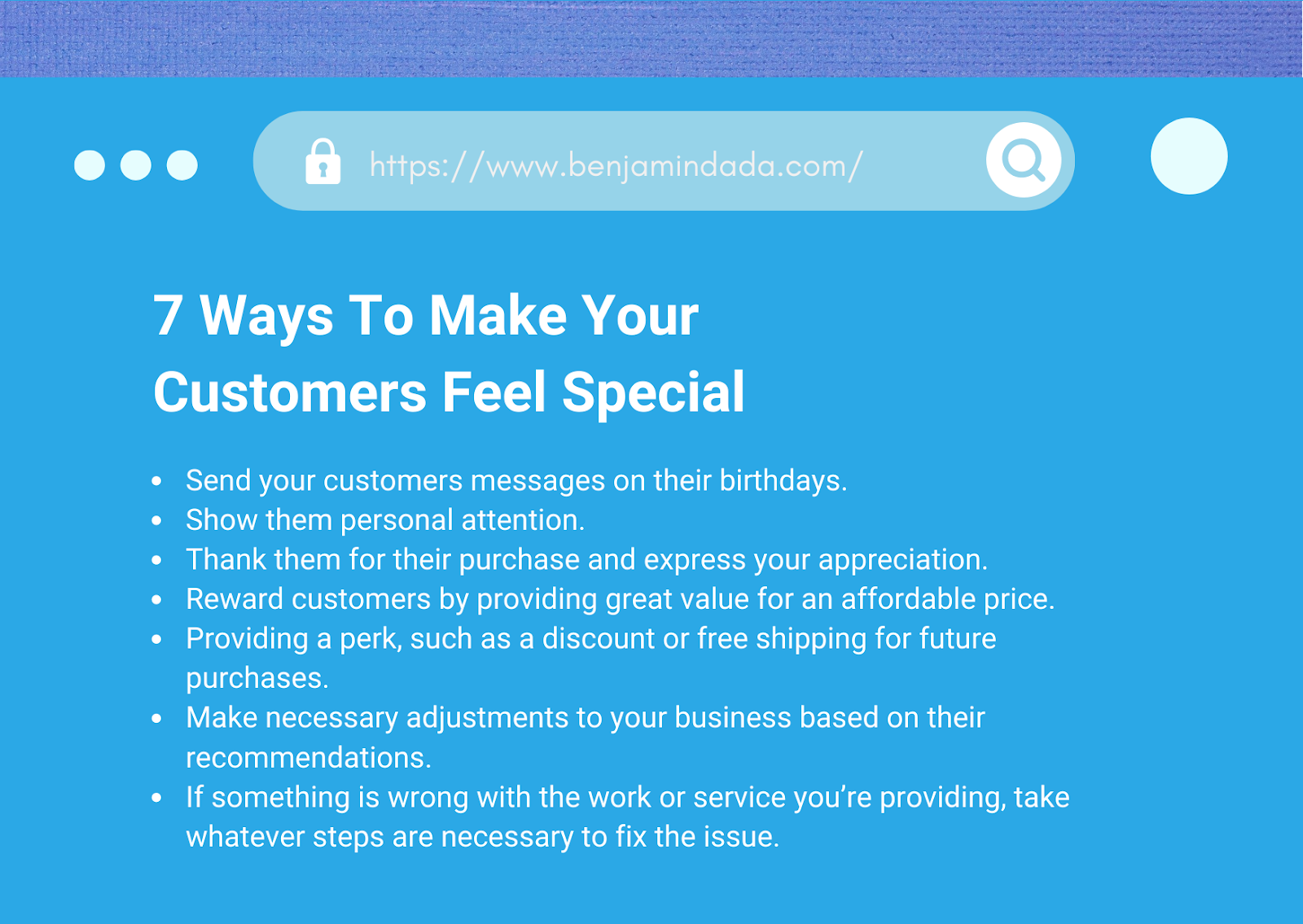
Overall, if your product is good, it will speak for itself.
This is a guest contribution from Jeremiah Ajayi, co-founder and CEO of The Phat Enterprise — a company focused on helping ambitious African talents land their dream roles while connecting them to a community of peers and resources to propel their career.
Jeremiah also writes content that engages, acquires, and converts customers for SaaS and B2B brands. Outside of work, he stans Beyoncé and loves wasting time on TikTok.






